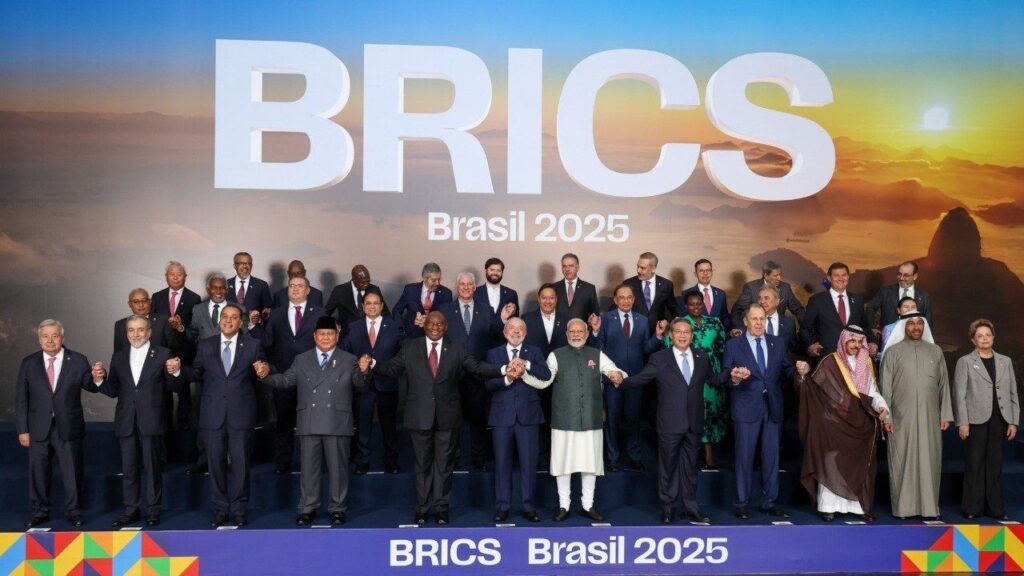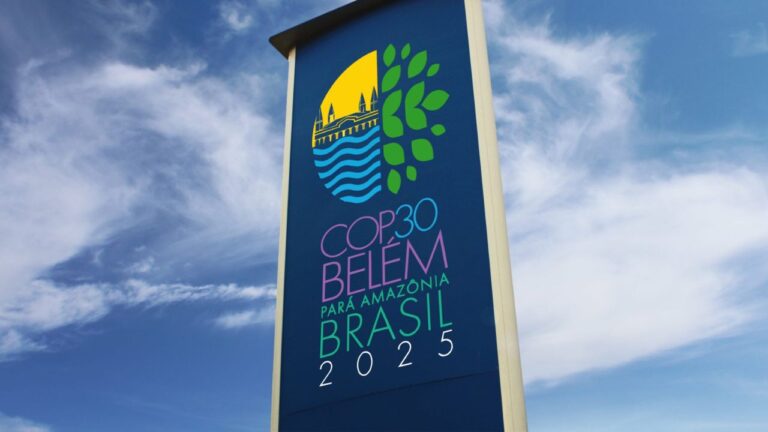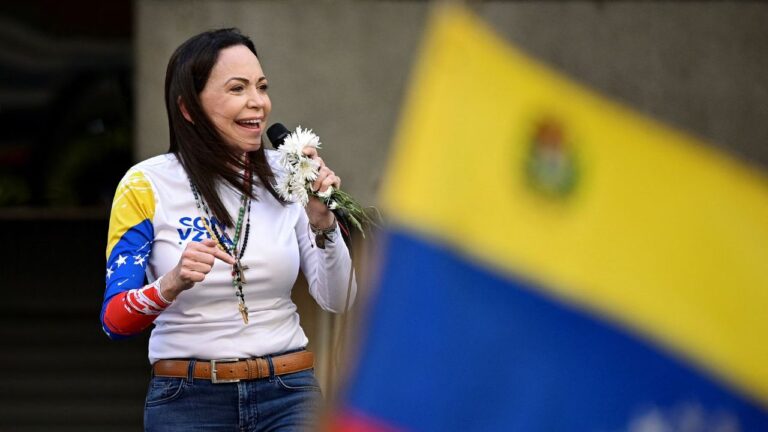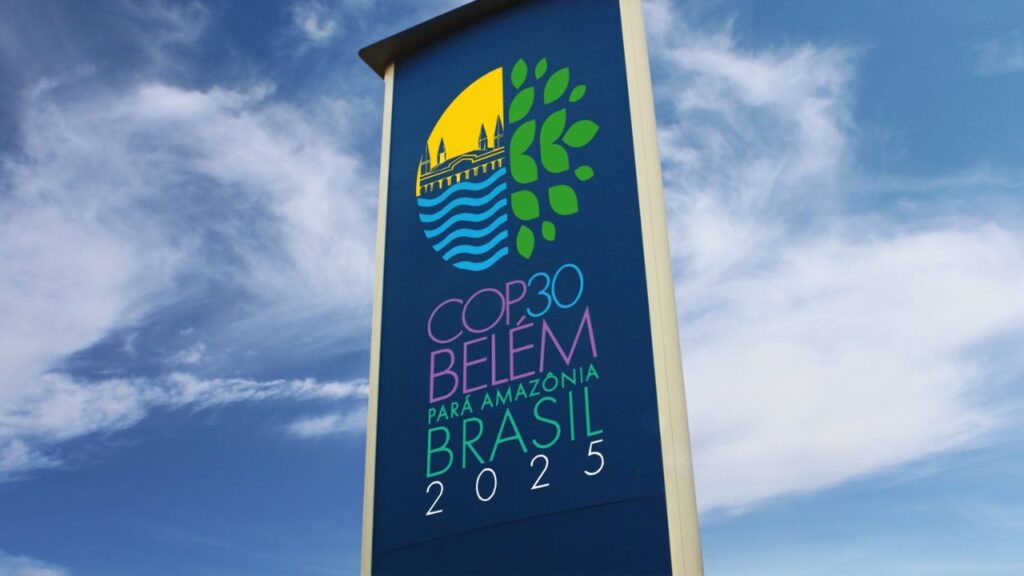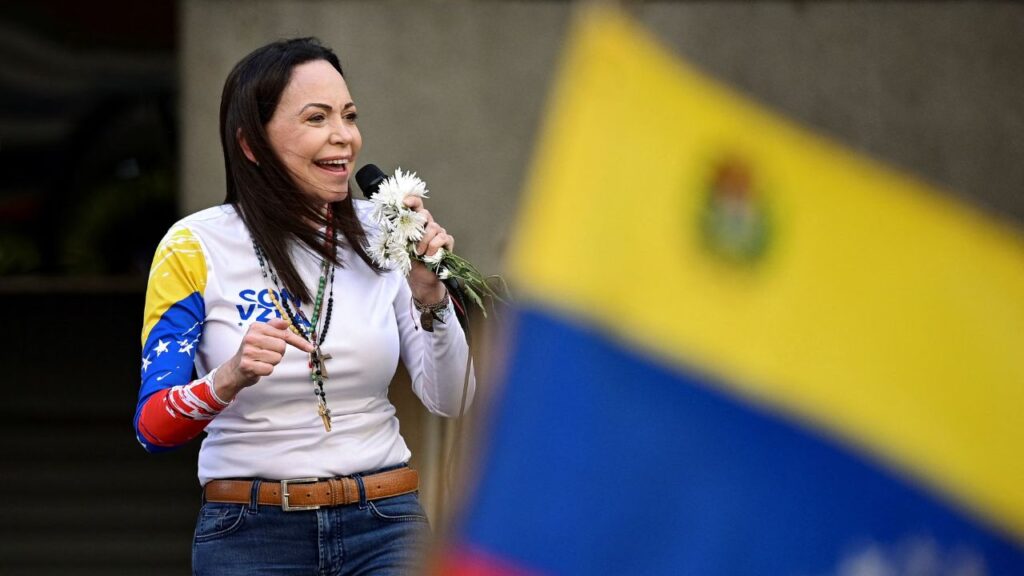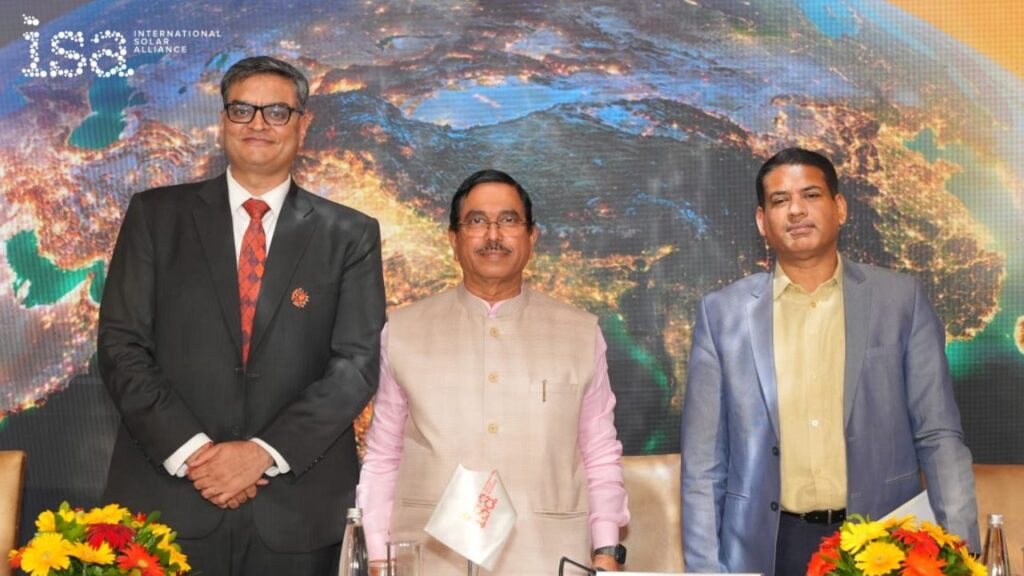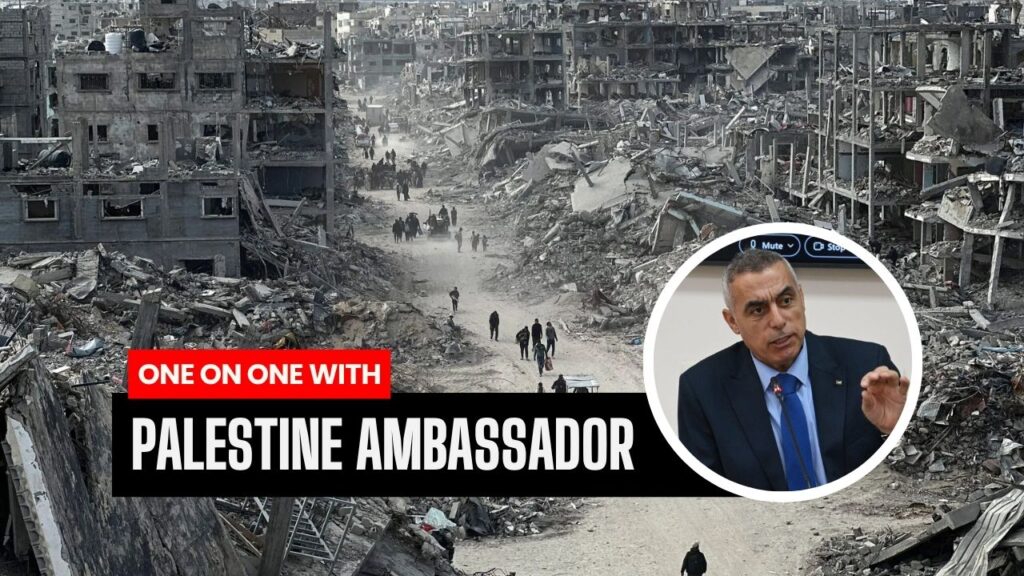The recently concluded BRICS Summit in Brazil, held at a time of deepening global instability, sought to present a unified front on issues ranging from global trade and climate change to reforming multilateral institutions. However, internal divisions, strategic silences, and growing external pressure, particularly from the United States, revealed the constraints that continue to hamper the bloc’s ambitions of reshaping the global order.
The 2025 summit, held at the Museum of Contemporary Art in Rio de Janeiro, was notable for the conspicuous absence of key leaders. Chinese President Xi Jinping missed his first BRICS summit since taking office in 2012, fueling speculation about Beijing’s waning enthusiasm. Russian President Vladimir Putin participated virtually, avoiding international travel due to an ICC arrest warrant issued over the Ukraine invasion.
Despite these absences, the 31-page BRICS declaration sought to condemn increasing tariffs, attacks on Iran, and the worsening humanitarian crisis in Gaza. Yet the document notably avoided directly naming the U.S. or Israel, signaling a cautious diplomatic tone. The bloc criticized tariffs that “threaten to reduce global trade,” particularly those “inconsistent with WTO rules,” a clear yet indirect rebuke of U.S. President Donald Trump’s trade policies.
President Trump, in social media posts during the summit, issued stark warnings: any nation aligning with what he termed “anti-American” BRICS policies would face an additional 10% tariff. He later targeted Brazil with a 50% tariff, citing political persecution of former President Bolsonaro and alleged hostility toward U.S. tech firms.
Brazilian President Luiz Inácio Lula da Silva, hosting the summit, responded by rejecting U.S. hegemony and accusing Trump of behaving like a “modern emperor.” Lula further denounced NATO’s push for increased military spending and condemned ongoing U.S. and Israeli attacks in the Middle East.
The confrontation with the U.S. revealed the precarious balancing act Brazil is attempting. Analysts noted that Lula sought to deflect overt confrontation by avoiding contentious issues like de-dollarization and instead emphasizing trade cooperation and public health. Brazil’s diplomatic caution is also linked to its preparations for the COP30 climate summit in Belem later this year, where it aims to lead on climate finance and Amazonian conservation.
Climate diplomacy figured prominently in the summit’s narrative, as Lula described climate change as the defining war of the present era. The BRICS declaration called for “accessible and affordable” climate finance, reaffirmed support for the Paris Agreement, and endorsed Brazil’s proposal for a new conservation fund at COP30. Yet the language remained vague, with no specific commitments from major members like China or oil-producing states such as the UAE.
Environmental activists, including Greenpeace and Amnesty International, pushed BRICS to fill the leadership vacuum left by the U.S. But divisions within the bloc, especially around fossil fuels and carbon border taxes, limited unified action. The declaration acknowledged the continued role of fossil fuels in the global energy mix and pushed back against European environmental protectionism, exposing rifts between economic and ecological priorities.
Once a bloc of five, BRICS now includes 11 full members and 10 strategic partners. The rapid expansion has magnified internal contradictions. Disagreements over the feasibility of a common BRICS currency, most vocally opposed by India, and the strained India-China relationship undermine cohesion. Indonesia and the UAE, new members, have signaled interest in cooperation but reject a zero-sum posture against the West.
Despite the rhetoric of multipolarity, BRICS remains structurally unbalanced. China’s economic clout eclipses that of its peers, and the bloc’s political orientations diverge significantly. The summit’s muted criticism of Russia’s war in Ukraine, limited to a single mention in the final declaration condemning Ukrainian attacks on Russia, reflects these internal sensitivities.
The 2025 BRICS Summit showcased both potential and paradox. While the bloc aspires to offer the Global South a collective voice and alternative pathways of development, its impact is diluted by internal fragmentation, selective diplomacy, and the geopolitical pressure exerted by the West, especially under a resurgent Trump presidency.
The road to COP30 in Brazil may offer BRICS a second stage to reaffirm its commitment to global leadership, especially on climate issues. But for now, the Rio summit underscores a sobering reality: while the world may be shifting toward multipolarity, true collective leadership from the Global South remains a work in progress.

